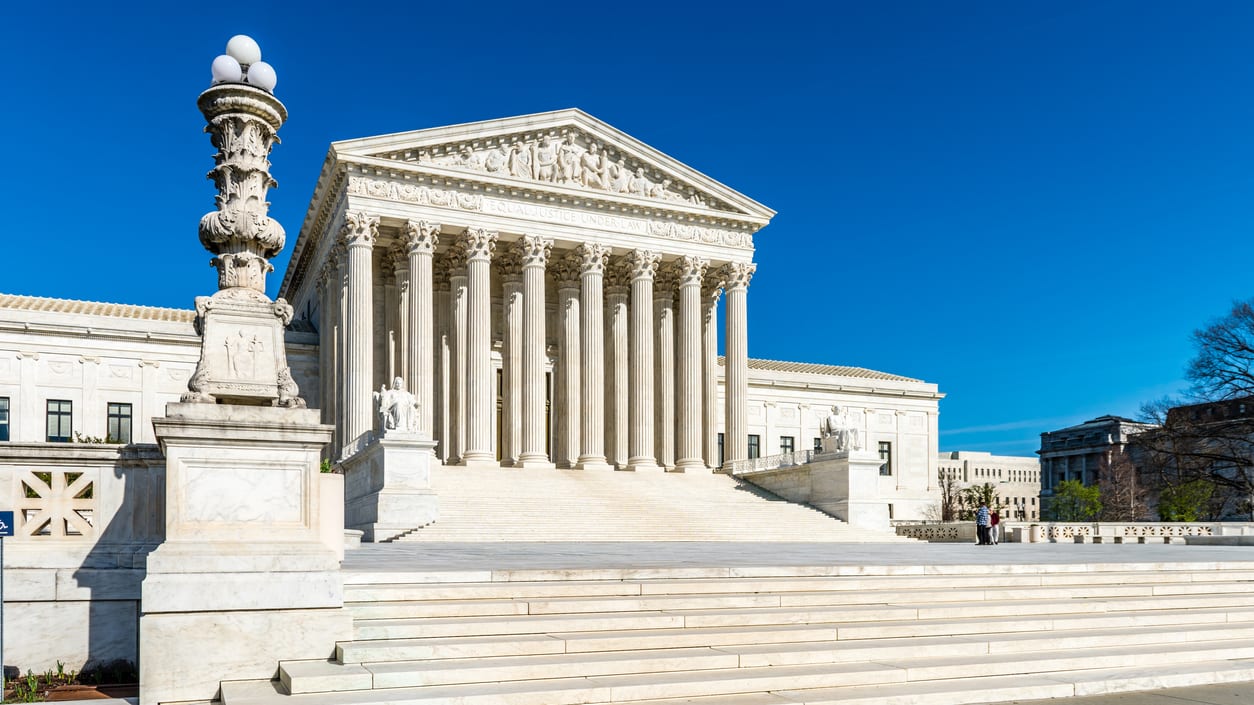On April 5, the U.S. Supreme Court turned away two cases where employees alleged that employers unlawfully failed to accommodate their requests for time off to fulfill religious obligations. In a dissent, Justices Neil Gorsuch and Samuel Alito Jr. said the Supreme Court should have agreed to hear the case of a Jehovah's Witness from Tennessee.
Employers may be relieved that by declining to hear the cases, the Supreme Court will not put an additional burden on businesses in religious accommodation cases, said David Fram, director of Americans with Disabilities Act (ADA) services with the National Employment Law Institute (NELI) in Golden, Colo. Fram noted that it is much more difficult for employers to defend themselves from an ADA claim by arguing a change would result in an undue hardship than it is to defend themselves from a religious accommodation claim making the same argument.
We've gathered articles on the news from SHRM Online and other trusted media outlets.
Appeals Declined in Two Cases
The Supreme Court decided not to hear the appeal of a Seventh-day Adventist member from Florida in addition to declining to review the appeal by the Jehovah's Witness. Lower courts in both cases found that the accommodations the two men sought would have resulted in more than "de minimis" (or minimal) hardship on their employers.
The Jehovah's Witness missed work to attend worship on the Good Friday holiday in 2015—as well as for congregational duty the following Wednesday—even though his time-off requests had been denied. He was suspended two days without pay. The company also said he missed work on multiple occasions.
A job offer to a member of the Seventh-day Adventist Church was allegedly revoked after he disclosed he wouldn't work on the Sabbath, which he observed from sundown on Friday to sundown Saturday. The company said he lied about his ability to work on weekends.
Cases' Impact
The cases get to the heart of when companies must make religious accommodations and when they may decline to do so. The answer could affect corporate dress codes as well as schedules that permit employees to worship. Gorsuch and Alito said it is time to revisit the de-minimis-burden standard used to decide such cases. Writing in a dissent joined by Alito, Gorsuch said the standard allowed "subpar employees" to receive more-favorable treatment than religious top performers.
'De Minimis' Burden for Religious Accommodations
Title VII of the Civil Rights Act of 1964 requires an employer to accommodate an employee's sincerely held religious belief, practice or observance, unless it would cause an undue hardship on the business. Courts have said that, in the context of a religious accommodation, an undue hardship is created by an accommodation that has more than a "de minimis," or very small, cost or burden on the employer.
(SHRM Online)
Undue Hardship for Accommodating People with Disabilities
By contrast, undue hardship under the ADA means significant difficulty or expense in providing the accommodation. This analysis focuses on the employer's resources and on whether the accommodation is unduly extensive, substantial or disruptive, or would fundamentally alter the nature or operation of the business.
(NELI)
'Odd Man Out'
"Title VII's right to religious exercise has become the odd man out," Gorsuch wrote. "Alone among comparable statutorily protected civil rights, an employer may dispense with it nearly at whim." He noted that the standard for undue hardship is much higher not only under the ADA, but also under the Uniformed Services Employment and Reemployment Rights Act and the Affordable Care Act. Gorsuch expressed puzzlement at the Supreme Court's rejection of the case brought by the Jehovah's Witness. "There is no barrier to our review and no one else to blame," he wrote.
Was this resource helpful?




